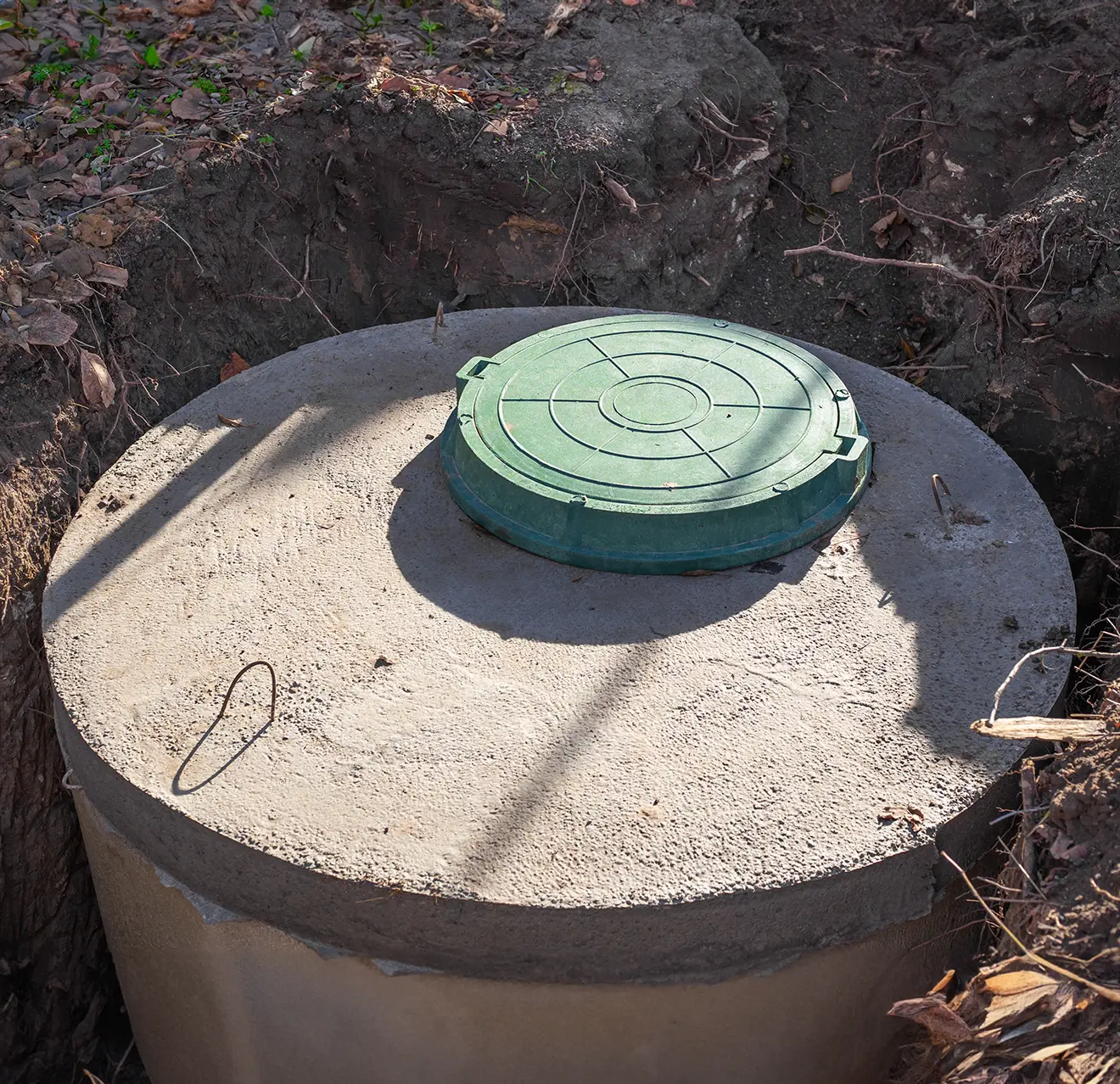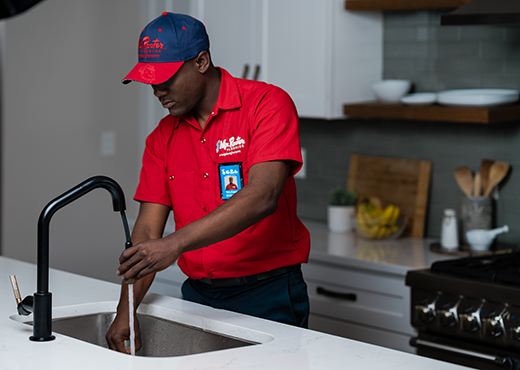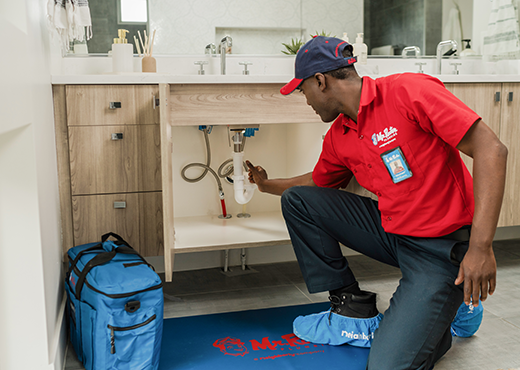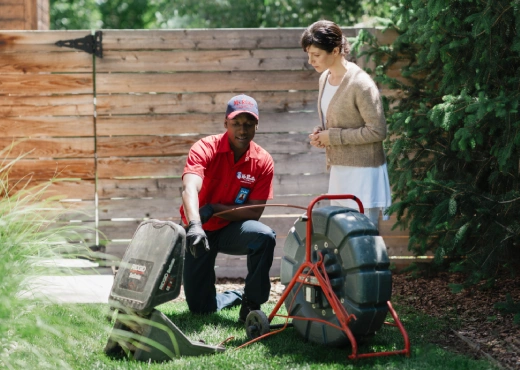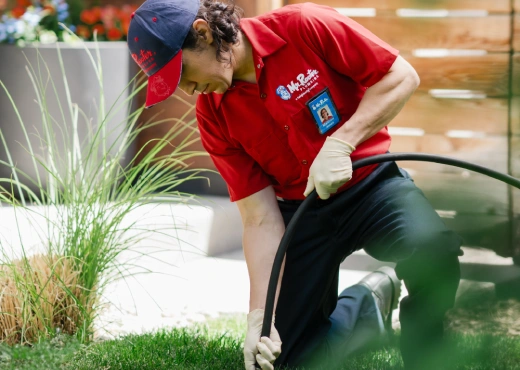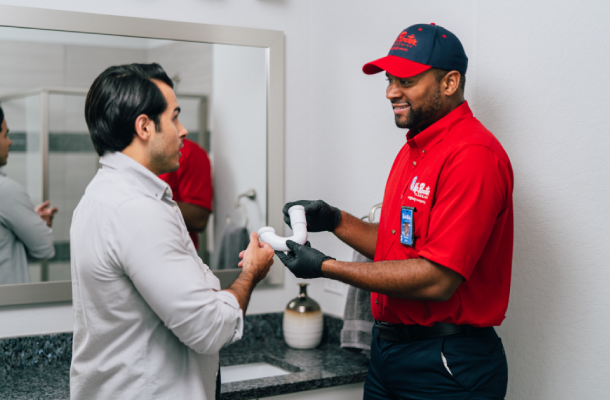If you suspect something is wrong with your septic tank or know for a fact that it has experienced a failure, Mr. Rooter Plumbing® can help! Our experienced plumbers have spent years working on all sorts of plumbing issues and can handle your septic tank issue.
Contact your locally owned and operated Mr. Rooter Plumbing® for a trusted septic system repair service today. You can also request an estimate online.

